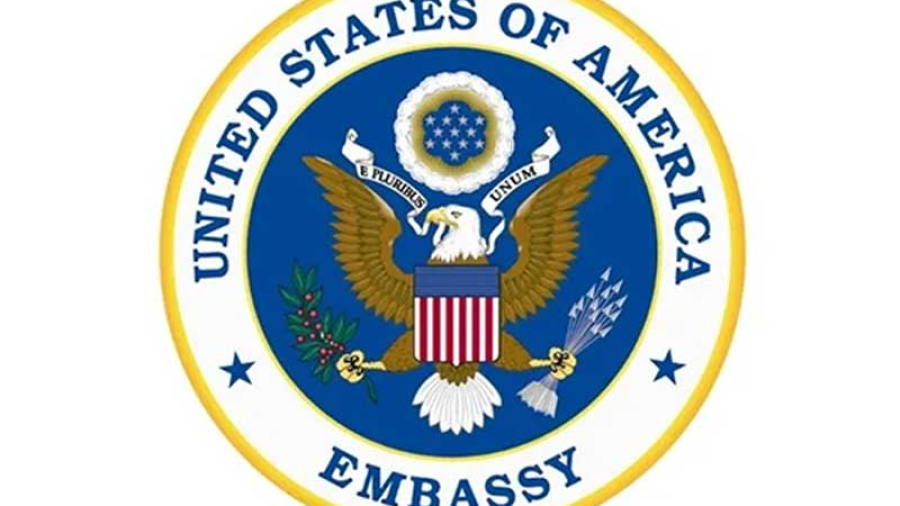The United States Embassy in Abuja has called on the Nigerian government to adopt advanced technology to bolster national security and improve safety across the country.
Bradley Markwald, the embassy’s Senior Regional Security Officer, made the appeal at the 2024 Annual General Meeting of ASIS International, Chapter 273, held in Abuja on Tuesday. Speaking on the theme, Leveraging Technology for Enhancing National Security in Nigeria, Markwald underscored the importance of harnessing modern technology to address Nigeria’s security challenges, given the nation’s vast population, abundant resources, and expansive geography.
Markwald noted that enhanced surveillance and monitoring technologies could play a pivotal role in securing the country. He emphasized the potential of satellite-based systems like NigeriaSat-X and the European Space Agency’s Copernicus programme to provide real-time monitoring of Nigeria’s borders, landmass, and critical infrastructure.
“These technologies are essential for real-time, large-scale surveillance, allowing authorities to respond swiftly to security threats,” Markwald stated.
He further highlighted the use of Unmanned Aerial Vehicles (UAVs) equipped with thermal imaging and AI-powered tracking software, noting that these technologies could provide critical support for security operations across Nigeria.
“Incorporating these advancements will not only protect citizens but also safeguard critical infrastructure and secure Nigeria’s future. Together, let us work to leverage these advancements to create a safer Nigeria for generations to come,” he urged.
Markwald also proposed the deployment of sensor networks along Nigeria’s borders, highways, and ports to detect unusual activities in real-time, such as unauthorized vehicle movements or illegal border crossings. He suggested that Internet of Things (IoT) sensors could be instrumental in alerting authorities to incursions or natural disasters that pose a risk to national security.
“Biometric technologies like facial recognition and fingerprint scanning, as used in the Advanced Passenger Information Systems (APIS), could quickly verify identities, ensuring only authorized individuals cross Nigeria’s borders,” he added.
The Senior Regional Security Officer also stressed the importance of strengthening Nigeria’s cybersecurity framework. He pointed out that protecting sensitive data and critical digital infrastructure from cyber threats is now a vital aspect of national security.
“Advanced encryption protocols such as AES-256 and quantum cryptography are essential in safeguarding Nigeria’s most sensitive government and corporate data from cyberattacks,” Markwald said.
